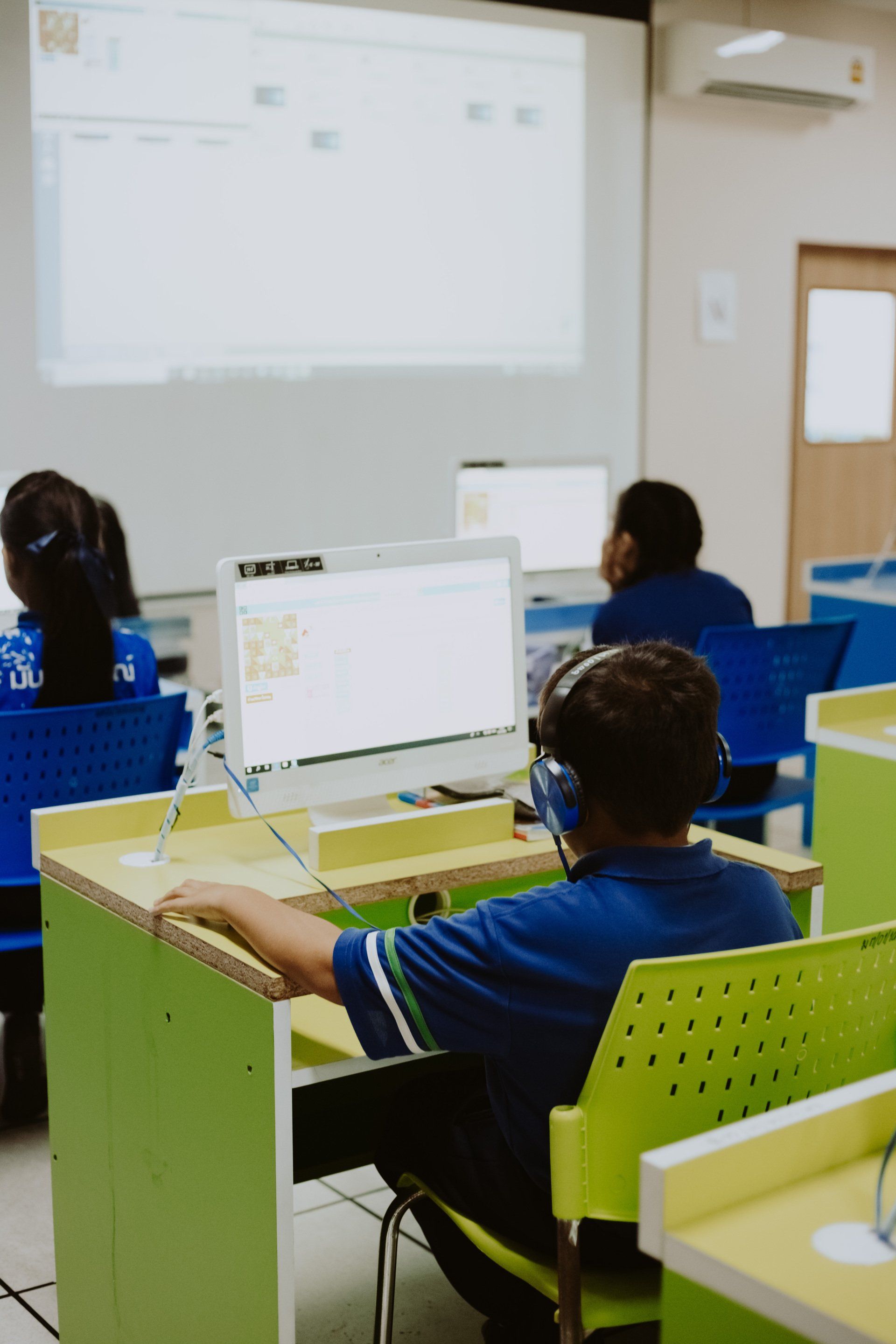B.Tech Computer Science and Engineering
About the Program
The Department of Computer Science and Engineering at SRM Institute of Science and Technology, Tiruchirappalli Campus started in the year 2021.
The objective of this department is to provide students with the knowledge and skills they need to succeed in the rapidly evolving world of technology includes Cyber Physical System, Artificial Intelligence, Networking, Systems Engineering, Machine and Deep Learning, Data Science, Cyber Security and other relevant fields of Engineering and Technology. The Department success lies in honing the life long, self-learning skills of the students to enable the students to pace up with the rapidly evolving technological advancements.
Our Value added Courses to better transform the students from campus to corporate.
- Branch- specific Electives
- Open Electives
- Industrial Electives
- Minor Courses
- Value added Courses
Vision
To become a world-class department in imparting high-quality knowledge and in providing students a unique learning and research experience in Computer Science and Engineering.
Mission
- To impart knowledge in cutting edge technologies on part with industrial standards.
- To collaborate with renowned academic institutions in research and development.
- To instill societal and ethical responsibilities in all professional activities.
Dedicated, air-conditioned class rooms equipped with smart boards and advanced teaching-learning software for ambient learning atmosphere
Tutorial Rooms for Micro level and Peer level Teaching with Innovative Pedagogies
Computer Laboratories with High-End computing facilities to enrich the working knowledge and practical skills of the students
A Centre-of-Excellence in Artificial Intelligence powered by NVIDIA GPU Workstations for full stack product development in the areas of AIML, Big Data and Cyber Security
A Centre-of-Excellence in Augmented Reality (AR) Technologies powered by Unity 3D Hardware and Software for providing Immersive learning experiences.
Dedicated team of Faculty members who have obtained their Ph.D. and Post-Doc from top-notch Institutions to support Research and Product Development activities.
Premium access to learning content in LinkedIn, IBM Skills Academy, ICT Academy
Blended Learning by transfer of credits from NPTEL courses and Semester Abroad Programs.

Facilities
The institution maintains a computerized central library spanning 720 sq m, which is accessible to students. The library caters to the needs of both students and faculties, with a collection of over 15,000 books. Additionally, it subscribes to 80 specialized national journals and reputed newspapers for their benefit. The central library serves as a valuable resource for students to expand their knowledge and expertise.
Library
The department includes Smart Classrooms, equipped with audio-visual facilities that enable instructors to deliver engaging lectures and presentations. Smart Classrooms are part of a digital initiative that is rapidly transforming the way teachers teach and students learn.
Smart Classrooms
- 24x7 Optical fibre communication which provides 1Gbps Internet Connectivity (both wired and wi-fi).
- 256 Nos. of Lenovo Think Centre Desktop computers with Intel i7-12700F, 12th Gen. processors 3.60Ghz, 1 TB HDD, 16 GB DDR4 RAM, 22’ Monitor.
- 36 Nos. of NVIDIA RTX 3060 GPU powered Workstations.
Hardware for Computing
- Microsoft Campus Agreement for 200 User Licenses.
- Microsoft Windows Operating System 11 GGS.
- Ubuntu OS.
Software for Computing
Program Objectives (PO)
-
Engineering knowledgeItem Link List Item 1
Apply the knowledge of mathematics, science, engineering fundamentals, and an engineering specialization to the solution of complex engineering problems.
-
Problem analysisItem Link List Item 2
Identify, formulate, review research literature, and analyze complex engineering problems reaching substantiated conclusions using first principles of mathematics, natural sciences, and engineering sciences.
-
Design/development of solutionsItem Link List Item 3
Design solutions for complex engineering problems and design system components or processes that meet the specified needs with appropriate consideration for the public health and safety, and the cultural, societal, and environmental considerations.
-
Conduct investigations of complex problemsItem Link List Item 4
Use research-based knowledge and research methods including design of experiments, analysis and interpretation of data, and synthesis of the information to provide valid conclusions.
-
Modern tool usageItem Link
Create, select, and apply appropriate techniques, resources, and modern engineering and IT tools including prediction and modeling to complex engineering activities with an understanding of the limitations.
-
The engineer and societyItem Link
Apply reasoning informed by the contextual knowledge to assess societal, health, safety, legal and cultural issues and the consequent responsibilities relevant to the professional engineering practice.
-
Environment and sustainabilityItem Link
Understand the impact of the professional engineering solutions in societal and environmental contexts, and demonstrate the knowledge of, and need for sustainable development.
-
EthicsItem Link
Apply ethical principles and commit to professional ethics and responsibilities and norms of the engineering practice.
-
Individual and team workItem Link
Function effectively as an individual, and as a member or leader in diverse teams, and in multidisciplinary settings.
-
Project management and finance Write a description for this list item and include information that will interest site visitors. For example, you may want to describe a team member's experience, what makes a product special, or a unique service that you offer.
Item Link -
Life-long learningItem Link
Recognize the need for, and have the preparation and ability to engage in independent and life-long learning in the broadest context of technological change.
